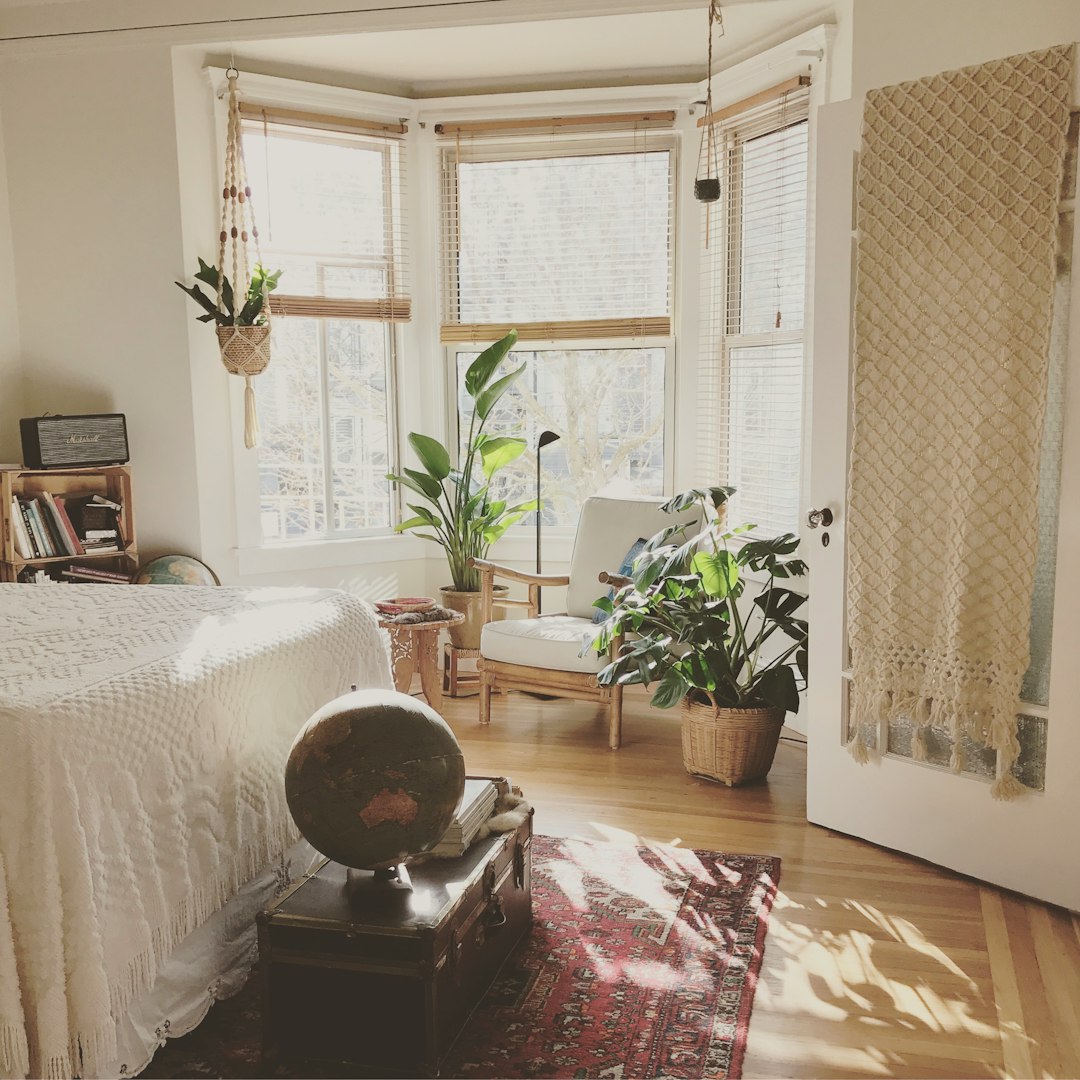How to Choose the Right Therapeutic Setting for Your Child
Applied Behavior Analysis (ABA) therapy is a widely recognized and effective treatment for Autism Spectrum Disorder (ASD). ABA therapy services can be provided at home, at school, or in a clinical setting. Understanding the differences between in-home, school-based, and clinical ABA therapy can help you make an informed decision.
In this article, we explore the benefits and challenges of the different therapeutic settings to help you choose the best options for your child.
In-Home ABA Therapy
ABA therapy at home involves therapists coming to your house to work with your child. Trained therapists come directly to your residence to engage with your child in a supportive and familiar environment.
Benefits of In-Home ABA Therapy
- Familiar Environment: Children often feel more comfortable and secure in their own homes. This familiarity can reduce anxiety and make it easier for them to engage in therapy.
- Family Involvement: In-home therapy allows for greater family participation. Parents and siblings can observe sessions, learn techniques, and reinforce strategies throughout the day.
- Individualized Care: Therapists can tailor their approaches based on the specific dynamics and routines of your household. This personalized attention can lead to more effective outcomes.
Challenges of In-Home ABA Therapy
However, an ABA therapy in-home program also has some drawbacks:
- Distractions: The home environment can be full of distractions, which might hinder the child’s focus and progress.
- Limited Resources: Therapists may not have access to specialized equipment and materials that are available in a clinic setting.
Clinical ABA Therapy
Clinical ABA therapy is conducted in a dedicated therapy center, often equipped with specialized tools and resources.
Benefits of In-Clinic ABA Therapy
- Structured Environment: Clinics provide a controlled and structured environment, which can help children focus better on their therapy sessions.
- Access to Resources: Clinics often have many educational aids that support skill development. They offer a variety of materials and equipment designed to enhance the therapy experience.
- Peer Interaction: Children may have opportunities to interact with peers, which can be beneficial for developing social skills.
Challenges of In-Clinic ABA Therapy
Despite these benefits, clinical therapy also has its challenges:
- Travel Time: Families often need to invest significant time and effort to travel to and from the clinic. This can be a burden to schedule and inconvenient.
- Less Family Involvement: Parents may have fewer opportunities to observe and participate in therapy sessions. This can make it harder to reinforce strategies at home.

In-School ABA Therapy
In-school ABA therapy is provided within the educational setting. This allows children to receive support while they engage in their daily school activities. Depending on your child’s educational experience and therapeutic needs, school-based programs can be beneficial. Understanding the nuances of school-based ABA therapy allows you to make a more informed decision.
Benefits of In-School ABA Therapy
- Integration with Education: In-school therapy allows for the integration of behavioral support with academic learning. This assimilation helps children apply skills in real-time during their school day.
- Collaboration with Educators: Therapists can work closely with teachers and school staff to create a cohesive support system. This ensures that strategies are consistently applied across different environments.
- Social Skill Development: Being in a school setting provides children with opportunities to interact with their peers. This peer-to-peer interaction fosters social skills and promotes inclusion.
Challenges of In-School ABA Therapy
- Limited Individual Attention: In a classroom setting, therapists may have to divide their attention among multiple students. This can limit the amount of individualized support each child receives.
- Distractions: The school environment can be busy and noisy. This may present challenges for children who require a quieter, more controlled setting to focus on their therapy.
- Scheduling Conflicts: Coordinating therapy sessions with the school schedule can be difficult, potentially leading to missed opportunities for support.
In-School Therapy Factors to Consider
When considering in-school ABA therapy, it’s essential to evaluate how it fits into your child’s overall support plan. Factors to consider include:
- Learning Environment: Does your child benefit from the structure of school or do they require a more personalized approach? A more personal framework is available with in-home or clinical therapy.
- School Staff Collaboration: How well equipped is the school to support your child’s needs? How willing they are to collaborate with ABA therapists?
- Therapist Recommendations: Discuss the potential benefits of in-school therapy with your child’s therapists. They can assess and how well school-based therapy aligns with your child’s unique goals.
How to Make the Right Choice
The success of ABA therapy for autistic children is well documented. Choosing ABA autism therapy at home, in a clinical setting, or a school-based ABA therapy program depends on many factors. You must account for your child’s individual needs and your family’s circumstances. Some important points to consider:
- Your Child’s Comfort: If your child thrives in familiar settings, in-home therapy might be more suitable. Conversely, if your child benefits from structured environments, clinical therapy could be a better fit.
- Family Dynamics: Consider how much involvement you want to have in the therapy process. In-home therapy allows for more direct participation, while clinical therapy requires you to be more of an observer.
- Therapist Recommendations: Consult with your child’s therapists to determine which setting would be most beneficial. They can advise you based on your child’s unique needs and goals.

Conclusion
ABA therapy clinics, in-home ABA therapy, and school-based programs each have advantages and disadvantages. By understanding the different settings, you can make a more informed choice that supports your child’s growth and development.
If you have further questions, need guidance, or are searching for “in-home ABA therapy near me” please contact us at 866-614-2011 or info@brighterstridesaba.com. We offer in-home, school-based, and center-based ABA therapy in 12 states nationwide.

 We've just released an article!
Check out our blog!
We've just released an article!
Check out our blog!



